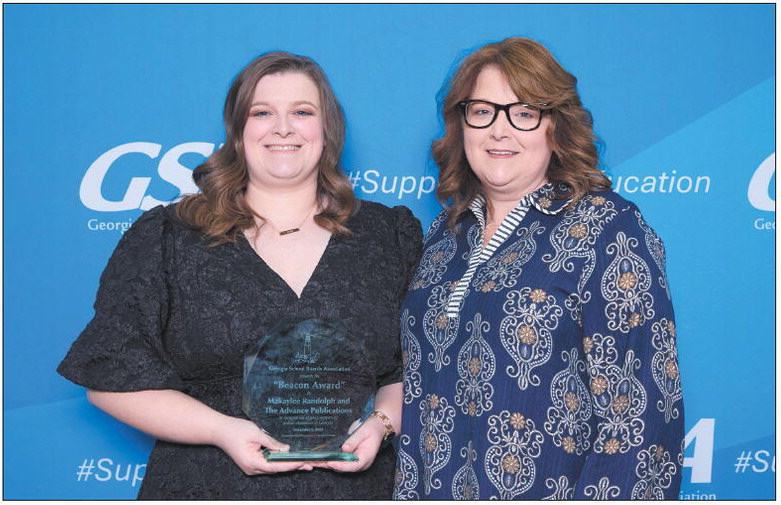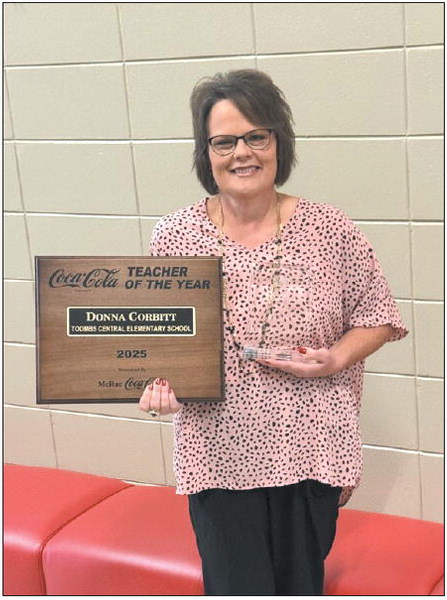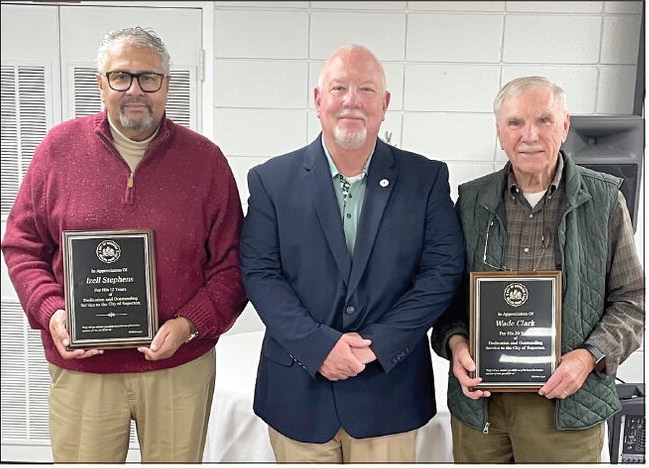Georgia Supreme Court takes up right to sue over removal of Confederate monuments
A Civil War heritage preservation group has the right to sue Henry and Newton counties over the removal or planned removal of Confederate monuments, a lawyer for the Sons of Confederate Veterans (SCV) told the Georgia Supreme Court Thursday. Legislation the General Assembly passed in 2019 authorized 'any person, group or legal entity' to challenge any acts in violation of the law, which prohibited the desecration or removal of historic monuments from public property. Kyle King, representing the SCV, also cited Georgia's Open Meetings Law, which allows citizens to sue government entities over violations without having to prove they suffered any direct harm.
'That's essentially what's being done here,' King said.
But the Georgia Court of Appeals didn't see it that way when it ruled last year that the SCV lacked legal standing to sue the two counties because its members could not show removing the monuments harmed them directly.
The SCV then appealed to the state Supreme Court.
Patrick Jaugstetter, a lawyer representing Newton County, argued the Open Meetings Law should not be used as a precedent in the SCV case because the lawsuit seeks to recover damages – the costs to repair and replace a removed monument.
In lawsuits involving the Open Meetings Law, plaintiffs seek a civil penalty to enforce a 'public right,' he said.
'Damages exist only to address injury,' Jaugstetter said. 'These plaintiffs have not established [an injury].'
The Confederate monument in downtown McDonough was removed in July 2020 following a vote by the Henry County Commission.
It was part of a nationwide trend to remove statues honoring the Confederacy and Confederate leaders during a summer of street protests following the murder of George Floyd, a Black man from Minnesota, by a white Minneapolis police officer.
The Newton County Commission voted at about the same time to remove the Confederate monument from historic Covington Square. But it remains standing pending the outcome of the court case.
This story is available through a news partnership with Capitol Beat News Service, a project of the Georgia Press Educational Foundation.





